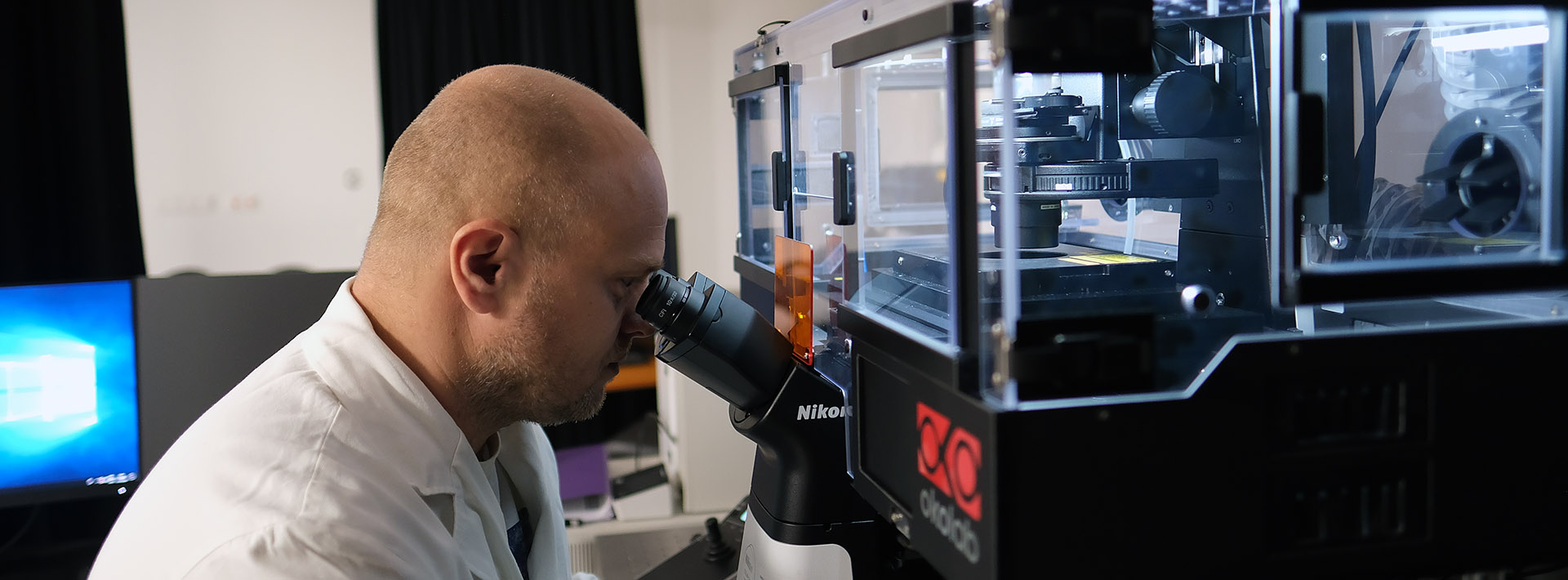Data
Official data in SubjectManager for the following academic year: 2024-2025
Course director
-
Karádi Zoltán
emeritus professor,
Institute of Physiology -
Number of hours/semester
lectures: 12 hours
practices: 0 hours
seminars: 0 hours
total of: 12 hours
Subject data
- Code of subject: OXE-TIZ-h-T
- 1 kredit
- General Medicine
- Elective modul
- spring
ODA-AA2-T parallel , ODA-BEB-T finished , ODA-MB2-T finished
Course headcount limitations
min. 5 – max. 25
Topic
The high incidence and costs of eating and metabolic disorders make it indispensable to experimentally test new theoretical considerations, and to employ their conclusive results in basically new clinical protocols. Students at early stage of their studies are, thus, encouraged to familiarize with new theoretical aspects and experimental findings.
Neural and humoral mechanisms in the central feeding control and metabolic regulation. Body weight control in health and disease. Peripheral and central taste information processing; gustation in the central regulation of food and fluid intake. Obesity, diabetes mellitus and the metabolic syndrome: New interpretations.
Lectures
- 1. Physiological significance of food and fluid intake, and metabolism. Homeostasis, motivation. - Mintál Kitti
- 2. Neuronal and humoral factors in the central regulation of homeostatic functions: brain centers, neurotransmitter pathways, neuropeptides. I - Mintál Kitti
- 3. Neuronal and humoral factors in the central regulation of homeostatic functions: brain centers, neurotransmitter pathways, neuropeptides. II - Mintál Kitti
- 4. Exogenous chemosensory modalities. Physiologic roles of gustation. - László Bettina Réka (Csetényi)
- 5. Central taste pathways. - László Bettina Réka (Csetényi)
- 6. Taste preference, taste aversion, palatability, flavour. - László Bettina Réka (Csetényi)
- 7. The glucose-monitoring (GM) neural network. I - Hormay Edina Emőke
- 8. The glucose-monitoring (GM) neural network. II - Hormay Edina Emőke
- 9. Eating and metabolic disorders: obesity, anorexia nervosa, diabetes mellitus, metabolic syndrome. I - Hormay Edina Emőke
- 10. Eating and metabolic disorders: obesity, anorexia nervosa, diabetes mellitus, metabolic syndrome. II - Hormay Edina Emőke
- 11. Feeding and metabolic disorders: disturbance of the GM system? - Hormay Edina Emőke
- 12. Our research results in the field of central regulation of feeding and metabolism. - László Bettina Réka (Csetényi)
Practices
Seminars
Reading material
Obligatory literature
Guyton & Hall: Textbook of Medical Physiology, Saunders
Literature developed by the Department
The ppt file of the lectures.
Notes
Recommended literature
Williams and Pickup: Handbook of Diabetes, Blackwell
Doty: Handbook of Olfaction and Gustation, Marcel Dekker
Conditions for acceptance of the semester
-
Mid-term exams
Written mid-semester test.
Making up for missed classes
There is no.
Exam topics/questions
1. Feeding (hunger) and satiety centers; feeding (hunger) and satiety neural pathways.
2. Orexigenic and anorexigenic neuromodulator factors (list up at least 3 of each).
3. The two major neuron types of the hypothalamic arcuate nucleus (with respect to feeding); their modulation by insulin, leptin, and ghrelin.
4. Key structures of the central glucose-monitoring neuronal network (list up at least 4 of them).
5. Consequences of selective destruction of central GM neurons (name of the toxic agent, and its effects).
